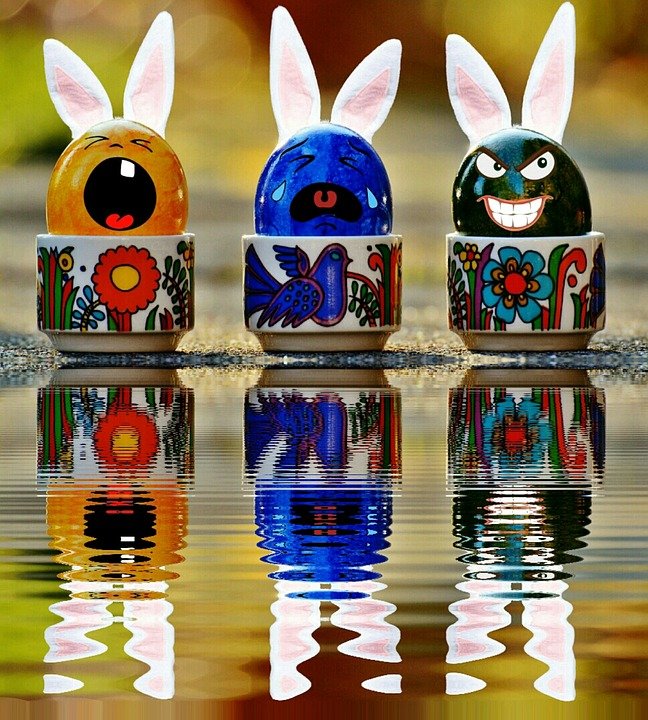
by Fern Shaw | Apr 15, 2019 | aquaid, Water, water cooler
Easter is an extraordinarily significant annual period for millions of people globally. It signifies a combination of both sombre and celebratory observances across many belief’s calendars.
One element that has a large significance in these observances is that of water. A few examples from around the globe are:
Neighbourhood children in Poland practice a particularly joyful Easter Monday tradition. They drench one another with buckets of water (often while the victim is still asleep in bed). One theory attributes the practice to the botanical affections of European pagans, likening the waterlogging of friends to the saturation of the holy Corn Mother.
More water splashing takes place at an annual Water Festival in several countries in Southeast Asia. In addition to the simple splashing of water, the Asian cultures’ variation on the Polish practice involves boat races, floating river lanterns, and the dousing of a Buddhist statue. The holiday is rooted in the Dai association of water with religious purity, good luck, and good will. Soaking your friend or neighbour with a hearty splash is meant to bestow him or her with good fortune.
In Switzerland, people decorate wells and fountains leading up to Easter. Decorating a well symbolises the honouring of water, which is essential for life, and Easter, the feast of renewed life.
Here at AquAid, we’re very cognisant of the importance of water in our daily lives and we’re sure each of our 23 branches no doubt celebrates Easter in their own manner. From us to you, however you choose to celebrate Easter; we do hope it’s peaceful and blessed.
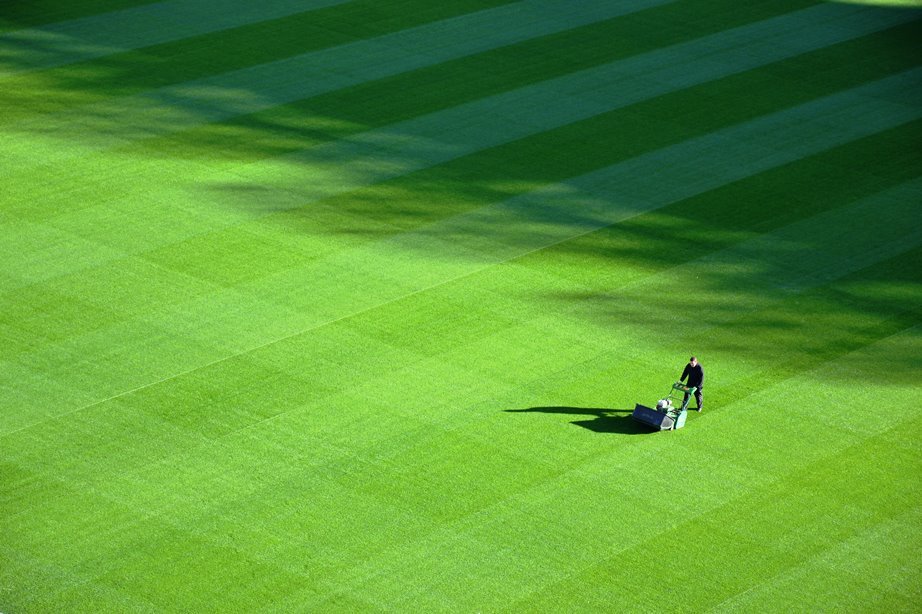
by Fern Shaw | Apr 15, 2019 | water cooler, water cooler
If this image starts your nose itching instead of being able to simply admire the precision mowed grass, it’s quite likely you’re one of an estimated 10 million people in the UK who suffers with hay fever.
With spring already here (officially arriving in the UK on 20 March) it usually brings with it a soaring pollen count.
There are 3 pollen seasons in the UK and each has a different source: tree pollen, released during spring; grass pollen, released during the end of spring and beginning of summer and weed pollen, released late autumn.
Hay fever (or seasonal allergic rhinitis), occurs when your body makes the mistake of treating the tree pollen, or pollen from shrubs, as a harmful organism, and the immune system goes into action by making antibodies to try to prevent it spreading. This can trigger a runny nose, itchy watery eyes and coughing, sneezing and sniffling – common allergy symptoms.
How can drinking water possibly help reduce my hay fever?
Usually the first thing a hay fever sufferer does is reach for the anti-histamines, which makes sense, however, as your body has gone into overdrive producing a ‘liquid’ reaction – runny nose, watery eyes, constant sniffling and sneezing – you can dehydrate through this additional loss of fluid. This coupled with the fact that anti-histamines tend to dry you up which can also lead to your dehydrating at a faster than usual speed. That’s the one aspect to consider.
The other aspect is that according to some studies, a lack of water causes you to produce more histamine, a protein that regulates water in the body and stimulates your thirst response. Histamine also plays a role in the body’s response to pollen. When you breathe in pollen, your body releases histamine, which is a main cause of allergy symptoms. Ergo, If you’re thirsty, you have more histamine being released which may make your symptoms stronger and last longer.
There is also information gleaned from a 2013 study found that dehydrated individuals produced less allergy-blocking antibodies. With less of these antibodies, your body releases more histamine. Both of these contribute to more frequent and more intense allergy outbursts.
There’s more than one win here though – if you maintain good hydration habits, with frequent water refills from your water cooler in your workplace, as well as ensuring you carry drinking water with you when you’re out and about, not only will your general well-being increase but you may also be able to easier reduce your allergic reaction during the pollen seasons every year.
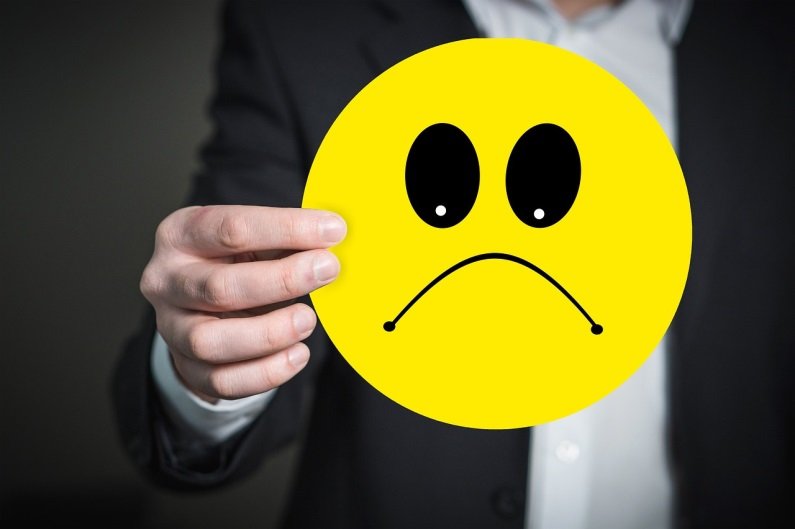
by Belinda Ollewagen | Apr 8, 2019 | water cooler
Most of us don’t visit the water cooler often enough and we’ve all read studies on how dehydration can impair performance, but the majority of those studies involve induced dehydration via exercise, heat stress or diuretics. Very little research has been done on ‘voluntary dehydration’ which is an easily achieved state where, all else being equal, we simply don’t drink enough.
But scientists from Massey University did run such a study – without forcibly inducing dehydration, and while controlling confounding factors such as sleep, diet and caffeine; the aim of the study was to measure the cognitive effects of simply ‘not drinking enough’ i.e. ‘voluntary dehydration’.
The test group consisted of 24 men with a mean age of 26 years ± 6 y. The laboratory environment was kept constant at 20°C and the test subjects were given at least three sessions in which to familiarise themselves with the environment before completing the two experimental sessions. In the 24 hours prior to the sessions, the men followed similar diet, sleep and caffeine intake with the only difference being how much fluids they consumed – usual ad libitum (euhydration – the absence of absolute or relative hydration or dehydration) versus restriction (hypohydration – dehydration). During the experimental sessions, their hydration levels, mood and aspects of cognition (logical reasoning, working memory, executive processing) were assessed.
The results were fascinating: in all cases of fluid restriction where mild dehydration (hypohydration) was achieved, mood states (which covered tension-anxiety, depression-dejection, anger-hostility, fatigue-inertia, vigour-activity, and confusion-bewilderment) were detrimentally affected, along with performance of working memory and executive processing.
This just goes to show, that even mild dehydration adversely affects performance – we don’t have to be exercising in the tropics and taking diuretics for our bodies to show the negative effects of not drinking enough. So, if you want to ensure a positive frame of mind along with high levels of productivity walk over to your water cooler right now and have a drink of water!
Sources:
Extreme Physiology & Medicine (http://extremephysiolmed.biomedcentral.com/articles/10.1186/2046-7648-4-S1-A97)
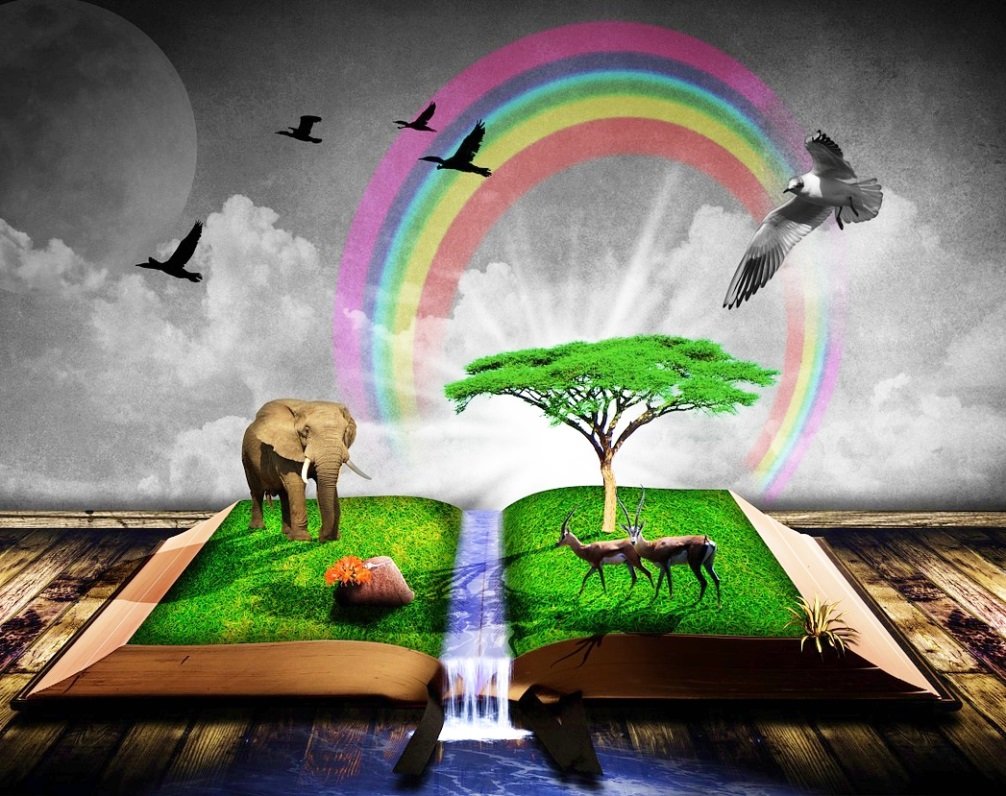
by Belinda Ollewagen | Apr 8, 2019 | water cooler, water dispenser
In keeping with our focus on literature this month – after all, you’ll need to have more to talk about at the office water dispenser than just International Book Day on 23 April – we thought it would be a good idea to focus on books yet again, but this time something very different and exceptionally innovative – the drinkable book!
In their ongoing quest to develop new water delivery tools, WATERisLIFE have developed The Drinkable Book ‘the first-ever manual that gives safe water tips and serves as a tool to kill deadly waterborne diseases by providing the reader with an opportunity to create clean, drinkable water from each page.’
In addition to educating the reader about safer practices when drinking water, each page, printed with food ink and made from technically advanced filter paper, can be torn from the book and used to purify water, killing off waterborne diseases including the likes of cholera, E.coli and typhoid. Research shows that it can reduce the bacteria count by 99.9% which puts it on the same level as the drinking water from our taps. A filter (or page) is capable of providing a person with clean water for up to 30 days – and four years’ worth for the entire book.
In a world where 780 million people don’t have access to clean and safe drinking water; and where a child dies from diarrhea every 21 seconds, these and other water-safe technologies can make a profound difference in developing countries – this is also one of the reasons why AquAid chose to establish the Africa Trust. Because the need in impoverished third world countries is so great, AquAid donates a percentage of every water cooler sale to the Africa Trust – together they have built more than 8,000 water pumps in different parts of Zimbabwe and Africa, and helped to bring clean and safe drinking water to more than 1.2 million people.
If your ethos is also to help those most in need and if you want to help bring clean and safe drinking water to the impoverished, consider choosing AquAid as your office or school water dispenser supplier today!
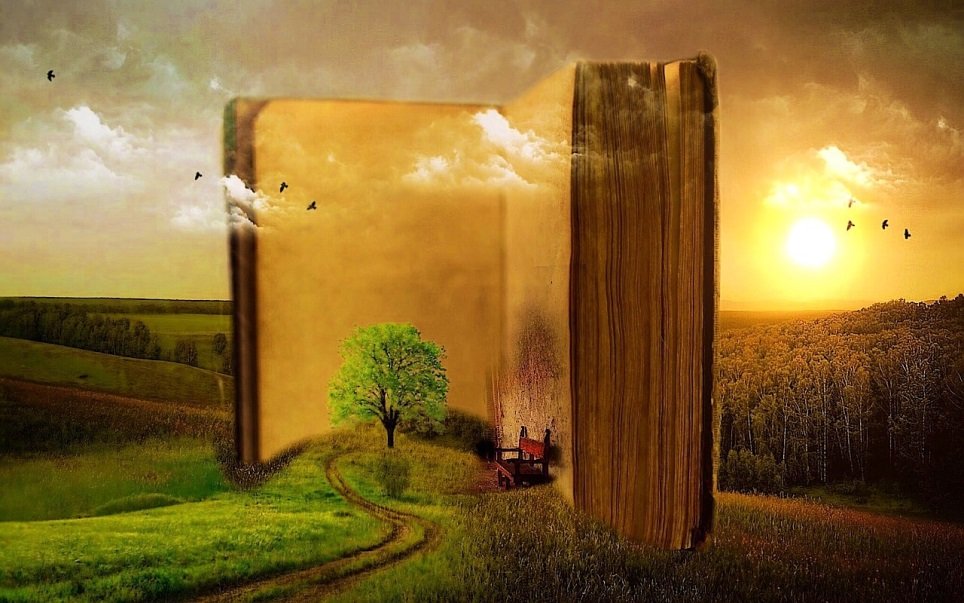
by Belinda Ollewagen | Apr 8, 2019 | water cooler
Later this month is the much acclaimed International Book Day. Organized by the United Nations Educational, Scientific and Cultural Organization (UNESCO), International Book Day has been celebrated since 1995 making 23 April 2019 its 24-year anniversary. The 23rd is symbolic for world literature; as it’s on this date in 1616 that Cervantes, Shakespeare and Inca Garcilaso de la Vega all died.
To honor this all important day which promotes reading and publishing world-wide, we’ve selected three of our favorite quotes – all about water of course, which you can share with fellow colleagues at the water cooler when next you’re grabbing a much-needed drink:
Our first extract is from The Penelopiad, written by the highly esteemed Margaret Atwood – a Canadian poet and novelist, and winner of the Booker Prize:
“Water does not resist. Water flows. When you plunge your hand into it, all you feel is a caress. Water is not a solid wall, it will not stop you. But water always goes where it wants to go, and nothing in the end can stand against it. Water is patient. Dripping water wears away a stone. Remember that, my child. Remember you are half water. If you can’t go through an obstacle, go around it. Water does.”
Kahlil Gibran, writer of the 1923 book The Prophet, and the third best-selling poet of all time (behind Shakespeare and Laozi) wrote:
“In one drop of water are found all the secrets of all the oceans; in one aspect of you are found all the aspects of existence.”
And finally, taken from The Tao of Pooh – an international best seller which spent 49 weeks on The New York Times’ bestseller list – and written by Benjamin Hoff:
By the time it came to the edge of the Forest, the stream had grown up, so that it was
almost a river, and, being grown-up, it did not run and jump and sparkle along as it used
to do when it was younger, but moved slowly. For it knew now where it was going, and it said to itself “There is no hurry, we shall get there some day.”





